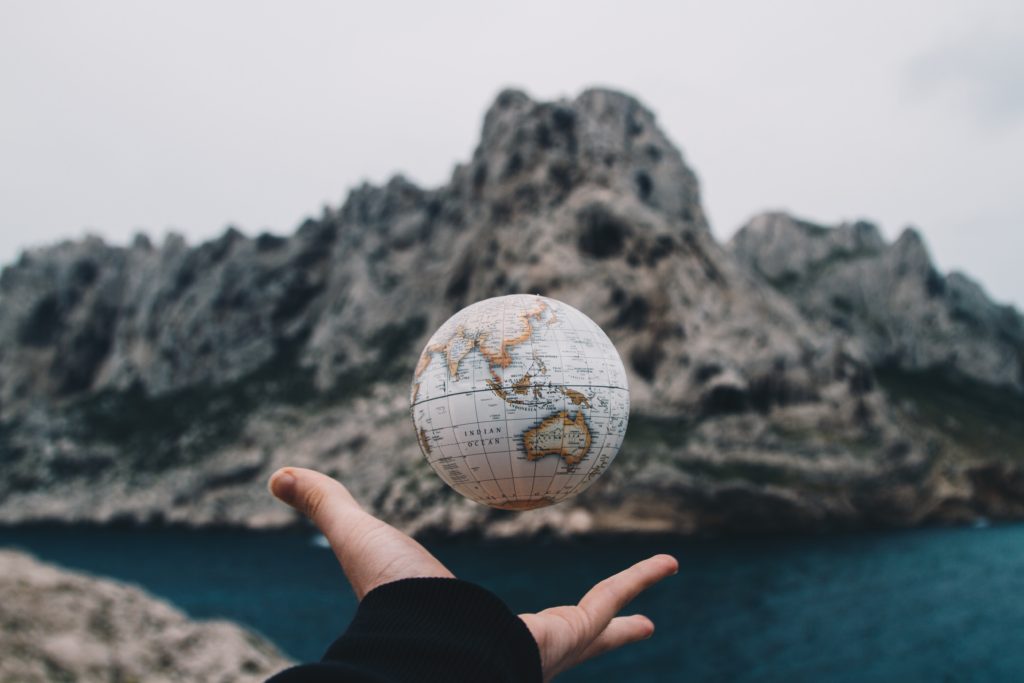This New York Times story from a few weeks ago laid out how automation has split the United States’ workforce into two groups – high-paid professionals in tech and engineering and low-paid workers in service industries.
At the end, reporter Eduardo Porter concluded, “Silicon Valley’s dream of an economy without workers may be implausible. But an economy where most people toil exclusively in the lowliest of jobs might be little better.”
We can agree that inequality in the United States is far from ideal, but in a piece for the National Review last week, Kevin D. Williamson questioned the desire to fight it, claiming that globalization makes everyone wealthier. Everyone, as in all people, everywhere.
“The ‘race to the bottom’ story of globalization is a lie,” Williamson wrote, later adding, “Globalization is making people richer — and that absolutely includes the American middle class.”
It’s untrue that globalization is making everyone richer because, well, everyone is not getting richer.
By 2015, the middle class no longer made up the majority of households in the United States and income inequality has been on the rise for decades.
A few years ago, Christopher Ingraham of The Washington Post wrote a great extended analogy about pie slices to break down income inequality in the United States when it comes to wealth, or the assets a person owns minus their debts. The wealthiest 1 percent of Americans own their highest share of the country’s wealth since the early 1960s, 40 percent. If you took all of the wealth owned by the bottom 90 percent, it would still be less than the top percent’s wealth.
People with high school degrees also earn less than they used to in comparison to college graduates. Men with a high school diploma earned almost half of what college-educated men made in 2016. Four decades earlier, male high school graduates earned 72 cents for every dollar a college graduate made.
People aren’t becoming universally rich in other countries, either. Despite economic growth, inequality is rising in Asian countries. Unequal access to education means some high-skilled workers earn more than their counterparts who have less school under their belt.
After the Great Recession, the middle class began to dwindle in most of the European Union, leading to less social mobility. A 2017 study from the Organization for Economic Cooperation and Development determined income inequality was at an all-time high.
On a global scale, the imbalance of wealth ownership is as staggering as it is in the United States. An Oxfam study from last month found that since the financial crisis, the number of billionaires around the world has almost doubled. The 26 wealthiest billionaires own the same number of assets as the poorest 3.8 billion people on earth.
Contact Mollie Bryant at 405-990-0988 or bryant@bigiftrue.org. Follow her on Facebook and Twitter.
This also ran in our newsletter, Hard Reset. Sign up for Hard Reset here.

